EDITORIAL
Published on 03 Mar 2022
Editorial: Metabolism and Cell Adhesion in Cancer
doi 10.3389/fcell.2022.871471
- 2,987 views
- 5 citations
10k
Total downloads
39k
Total views and downloads
You will be redirected to our submission process.
EDITORIAL
Published on 03 Mar 2022
MINI REVIEW
Published on 18 Jan 2022
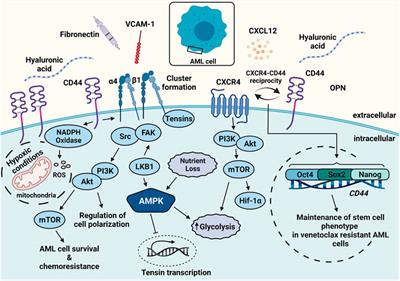
ORIGINAL RESEARCH
Published on 13 Jan 2022
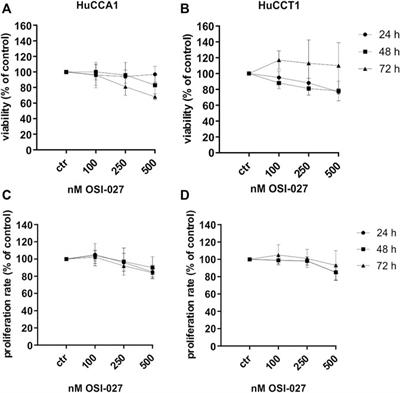
MINI REVIEW
Published on 10 Dec 2021
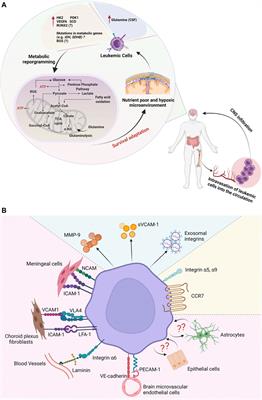
MINI REVIEW
Published on 18 Oct 2021
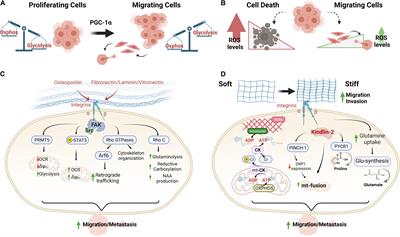
BRIEF RESEARCH REPORT
Published on 14 Sep 2021
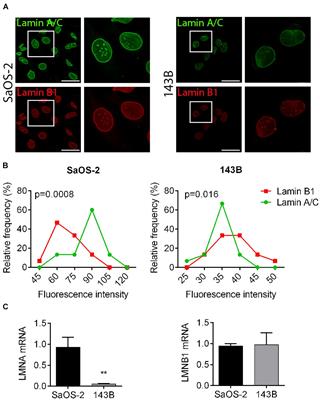
REVIEW
Published on 01 Jul 2021
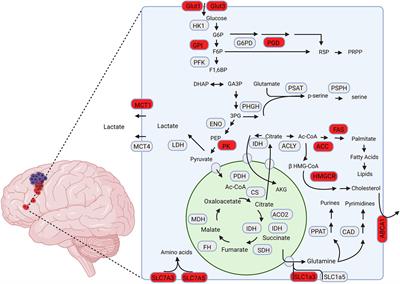
ORIGINAL RESEARCH
Published on 08 Mar 2021

